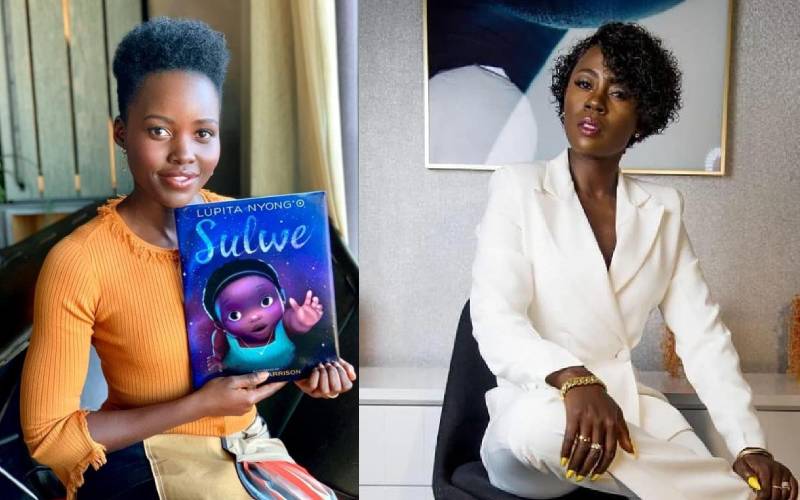×
The Standard e-Paper
Home To Bold Columnists

US-based Kenyan actress Lupita Nyong’o has opened up about colourism and her struggles as an African, a topic that evokes debate during the Black history month observed in February.